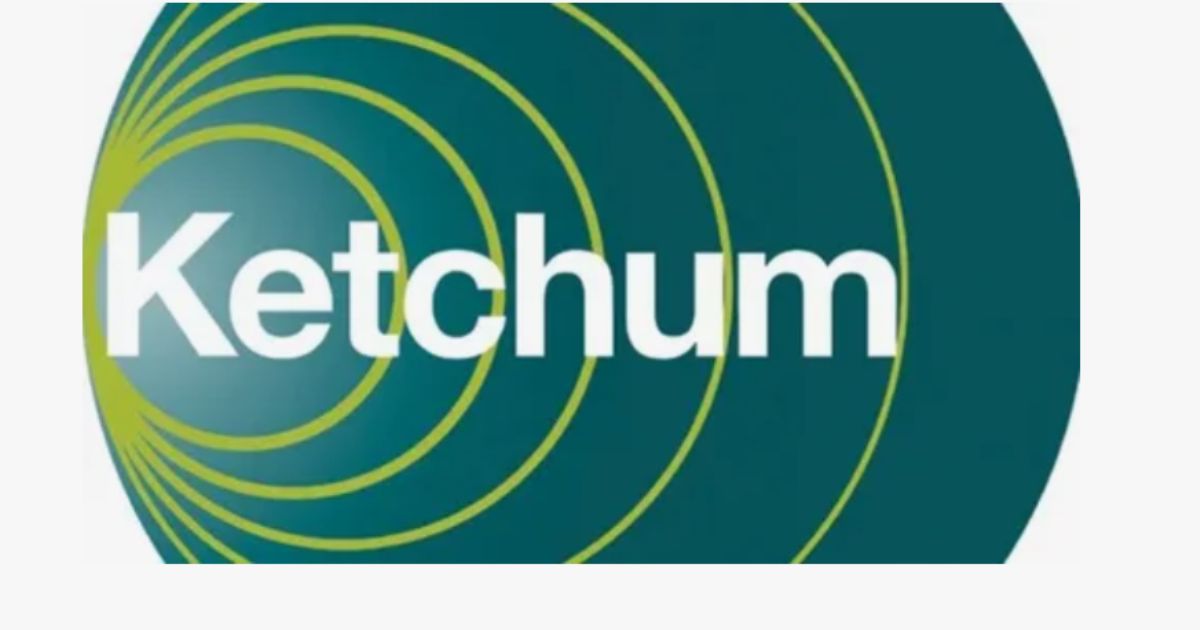Have you ever paused while scrolling online and wondered about the Ketchum meaning behind a phrase like, “You really Ketchum with that vibe”? You’re not alone. In today’s digital age, Ketchum meaning has evolved beyond a simple “catch” ; it’s about emotional resonance, sudden connection, and shared energy.
This article dives deep into the expressive layers of Ketchum meaning, especially how it’s used in slang, culture, and casual conversation. Whether you’ve encountered it in text, on social media, or in real-life exchanges, understanding the true Ketchum meaning helps decode moments of unexpected emotional impact.
We’ll also explore how taking a “hiatus” fits into the bigger picture of emotional language and why context and tone matter more than ever. If you’ve ever typed or wondered, “what is ketchum?” you’re about to discover a full, creative, and clear breakdown of ketchum meaning that goes beyond dictionary terms.
So buckle up because the ketchum meaning isn’t just a slang trend. It’s a language shift, a vibe, and an emotional shorthand for what catches you deep in the soul.
What Does “Ketchum” Mean?
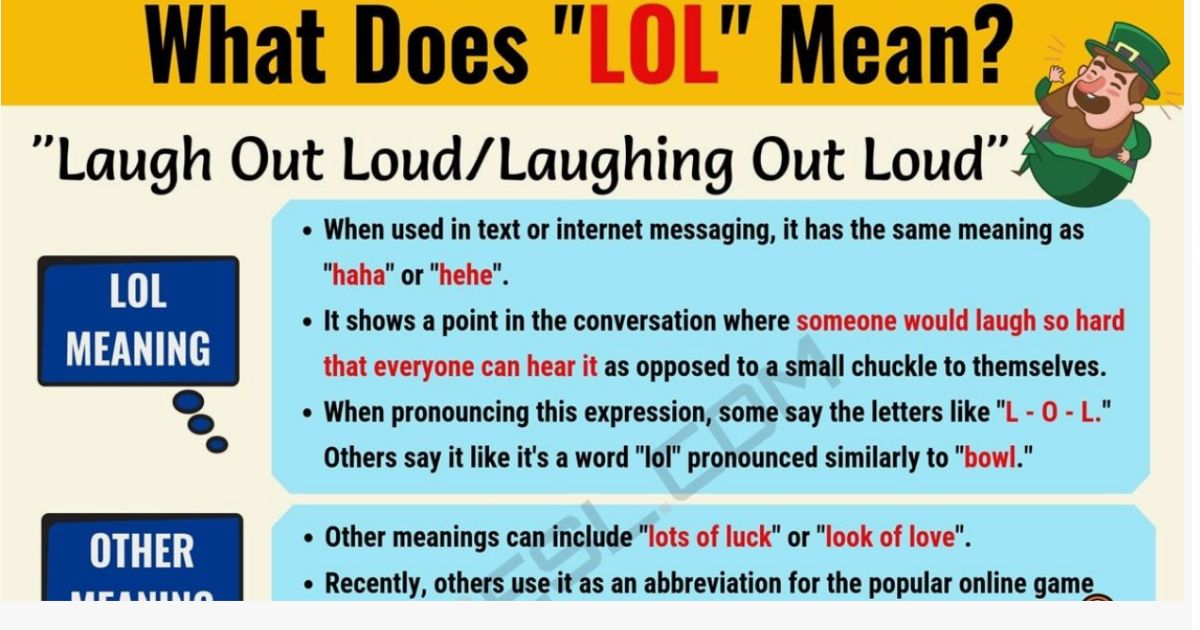
- “Ketchum” means to catch or grab suddenly, like emotions catching you off guard. It’s quick, surprising, and deeply felt just like when life unexpectedly grabs hold of your heart or thoughts.
- When someone says “Ketchum,” it’s about being caught in the moment, no warning, just instant emotion. It’s more than action; it’s the power of something taking hold of you fully.
- “Ketchum” symbolizes the act of mentally or emotionally latching onto something, an idea, feeling, or moment that grabs you hard and fast, often without permission or control.
- Think of “Ketchum” as life throwing you a fastball you either catch it or it hits you. It’s raw, real, and full of emotional immediacy and reaction. Ketchum Meaning
- The slang “Ketchum” implies grabbing someone’s attention, vibe, or spirit unexpectedly. It’s the cultural cousin of “gotcha,” but with deeper emotional undertones and fast, heartfelt momentum.
- To “Ketchum” is to suddenly feel connected like someone or something just caught your energy. It’s instant understanding, shared vibes, and unspoken emotions catching fire without words.
- It’s not just catching someone off guard. “Ketchum” represents a pull of gravity, an unseen force grabbing you emotionally, spiritually, or mentally. It’s quick and undeniable.
- “Ketchum” describes those fleeting moments when something hits you hard like nostalgia, grief, joy, or desire and you can’t help but be emotionally captured by it.
- Think of “Ketchum” as slang’s version of being seen and felt. It grabs your attention, heart, or spirit with surprising intensity, like a flash of soulful recognition.
- In modern slang, “Ketchum” means more than catch it’s when vibes, truths, or moments capture you deeply. It’s an emotionally rich, instant, and unfiltered expression.
- “Ketchum” is that moment when you realize something profound mid-conversation. It catches you mid-thought, and suddenly, everything feels realer, deeper, and more meaningful.
- It’s not about control. “Ketchum” happens when something owns your attention—when you’re caught by a person’s presence, an idea, or an emotion so strong you pause.
- When someone says “Ketchum,” they’re describing emotional gravity how feelings or people can grab you, pulling you into their orbit with sudden, soul-deep energy.
- “Ketchum” is an emotional shorthand for those moments when you feel caught by love, truth, vulnerability, or beauty. It’s fast, subtle, but unmistakably powerful in its grip.
- “Ketchum” feels like an emotional ambush, something that captures your soul before your brain has time to process it. It’s sudden, deep, and hard to shake.
Modern and Slang Usage of “Ketchum”
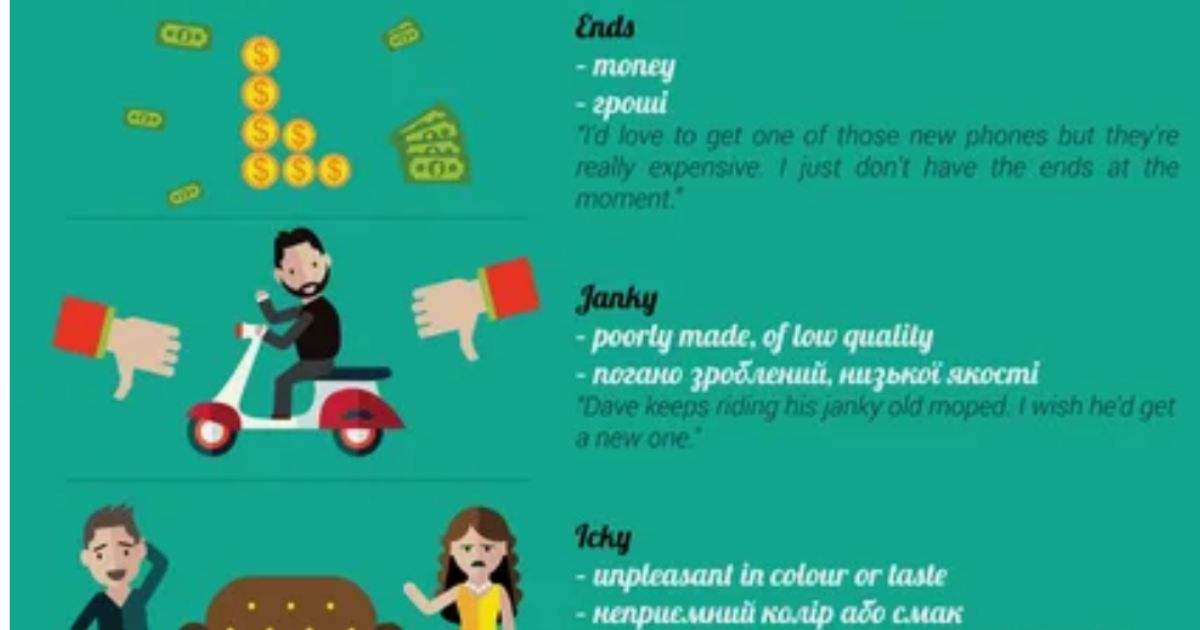
- In today’s slang, “Ketchum” isn’t just catching something, it’s about being emotionally grabbed by a vibe, person, or energy that hits deep and instantly connects.
- “Ketchum” in modern lingo is when someone catches your spirit unexpectedly, your vibe is grabbed mid-air without warning, and something inside just clicks or responds.
- You know that moment when someone’s energy grabs you without words? That’s “Ketchum” , a streetwise way of saying, “You just got me right here.”
- Modern slang uses “Ketchum” when feelings hit faster than thought like falling in love too quickly or catching someone’s vibe without even trying to.
- When a beat, quote, or look suddenly catches your heart, that’s “Ketchum” slang for spiritual or emotional impact that’s immediate, silent, but unforgettable.
- In slang, “Ketchum” is when someone emotionally “catches” you slipping, like when truth gets real, and suddenly you’re exposed, raw, and feeling everything.
- “Ketchum” became slang shorthand for emotional ambush when someone’s energy grabs you with no filter, no warning, just straight soul-level recognition or reaction.
- Online, people say “Ketchum” to describe being emotionally snatched like when lyrics, reels, or poetry hit too hard and you feel seen.
- Slang-wise, “Ketchum” means someone or something made a direct hit on your emotions, taking hold without resistance. It’s a vibe you can’t ignore.
- In Gen Z slang, “Ketchum” is less about control and more about connection; it’s how quickly someone’s truth can grab your whole emotional attention.
- “Ketchum” expresses when a moment takes you over, emotionally or mentally used in online slang to show someone’s words, actions, or presence just landed perfectly.
- It’s used like: “That line ketchum so hard” meaning the line grabbed you emotionally and made an instant mark. It’s slang-meets-soul talk.
- “Ketchum” in texts or tweets means, “You got me.” Not physically but mentally, emotionally, or energetically. It’s modern shorthand for deep, quick resonance.
- In viral language, “Ketchum” captures the power of small things like glances, verses, or captions that emotionally catch you off guard and hit you real.
- It’s become a slang for vulnerability. “You ketchum me” means “You reached the part of me I didn’t expect to show.” That emotional impact made it trendy.
What Does “Hiatus” Mean?
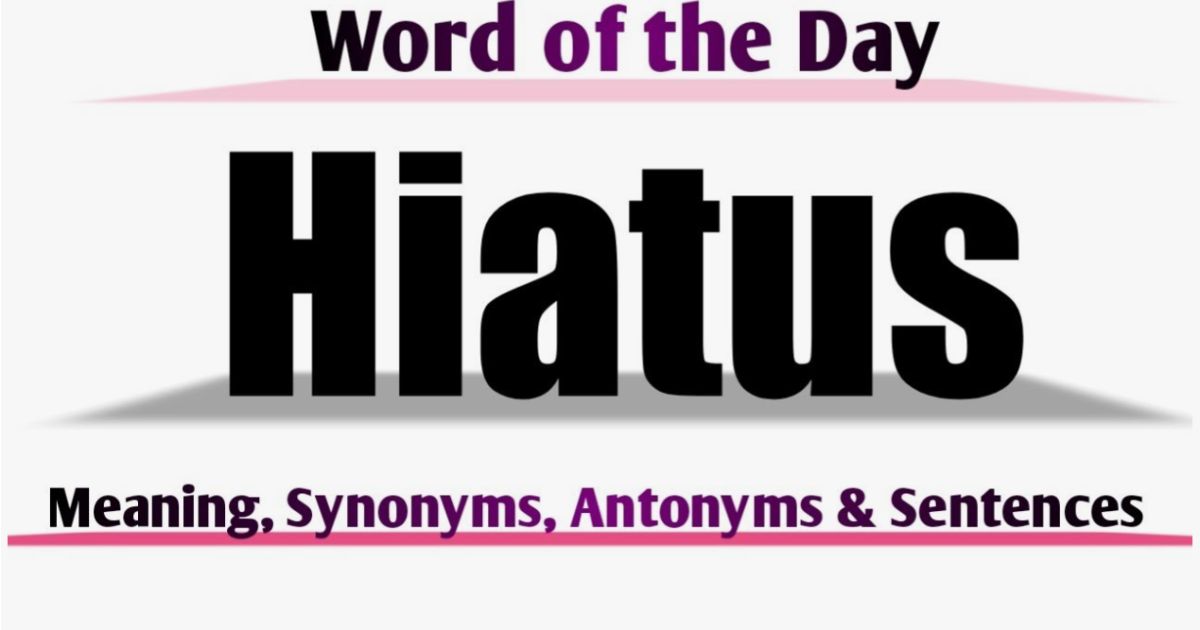
- A “hiatus” is a pause not an end, but a break to breathe, regroup, or realign. It’s the space between chaos and clarity where reflection finds room.
- When life overwhelms, a “hiatus” offers stillness. It’s the moment you step away, not to quit, but to return stronger, wiser, and more grounded in purpose.
- “Hiatus” means intentionally stepping back to preserve energy, sanity, or creativity. It’s a pause that protects your peace, not a sign of weakness or failure.
- Taking a hiatus isn’t disappearing, it’s resetting. It allows your soul to recharge, your heart to heal, and your mind to breathe from all that’s loud.
- A hiatus is life’s reset button. It’s when you say, “Hold on, I need space to breathe before I break from being too available.”
- Think of a “hiatus” as a sacred timeout a personal season of pause that invites growth, healing, and a quieter kind of transformation that happens offstage.
- A “hiatus” doesn’t mean gone forever, it means valuing rest enough to stop. It’s a deliberate silence that often says more than constant noise ever could.
- “Hiatus” is the quiet that saves you. It’s when you walk away to remember who you are without the pressure of always being on.
- To take a hiatus is to trust time. It’s a moment of stillness where your spirit reorients and your purpose quietly reawakens beneath the noise.
- A hiatus teaches patience. It’s not lost time, it’s sacred space. It’s what allows your heart to catch up with what life already knows.
- “Hiatus” means stepping back with love, not escape. It’s creating room to breathe deeply, love fully, and return when you feel whole again.
- In every “hiatus,” there’s rebirth. It’s not about quitting, it’s pausing to let your inner voice rise louder than the world’s constant demands.
- Taking a hiatus is self-respect in motion. It’s saying, “I matter enough to pause before I push myself beyond my limit.”
- A “hiatus” is a soft no to everything loud and exhausting. It’s a quiet yes to healing, creating, and finding balance again.
- Sometimes a hiatus saves you before you know you need saving. It’s time away not from life, but from its noise, to find truth again.
Alternative Phrases for “Hiatus” and “Ketchum-Like Energy”
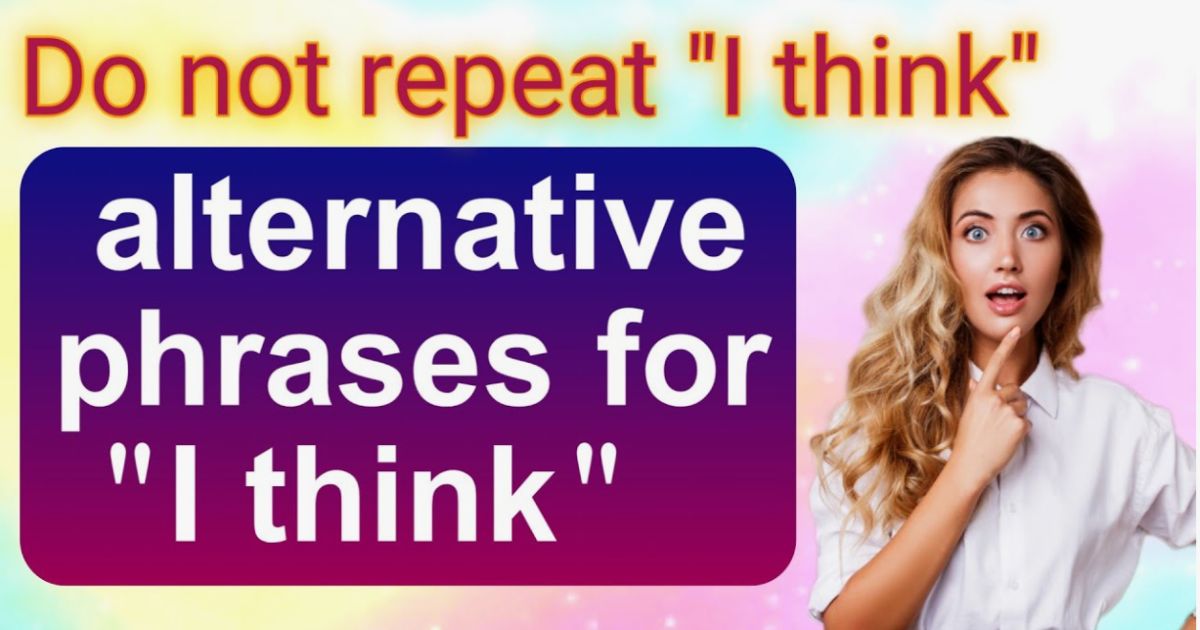
- Instead of “hiatus,” try “mental reset,” a pause that lets you step back, breathe deeply, and return stronger without the pressure of constant presence or performance.
- “Emotional timeout” works like “hiatus.” It means taking space to process feelings, recharge your energy, and heal before diving back into life’s fast-moving current.
- You can say “stepping away for clarity” instead of hiatus because sometimes stepping back helps you see things that closeness never could.
- “Stillness season” captures the softness of hiatus time taken to rest, reflect, and rediscover joy without noise or the pressure to constantly move forward.
- Use “soul sabbatical” as a creative twist on hiatus means taking time off to reconnect with your deeper self and let purpose rise again.
- Instead of saying “Ketchum,” say “vibe caught me off guard” it’s the same emotional snatch, just dressed in everyday language with relatable feeling.
- Try “spirit hit” for a Ketchum moment when someone’s words, presence, or truth grabs your soul without warning and leaves you deeply moved.
- “Energy snap” is another way to express Ketchum it’s that split second when someone’s vibe or message clicks hard and suddenly shifts your inner mood.
- “Emotional grab” works when describing Ketchum it means a feeling caught hold of you unexpectedly and deeply, pulling you out of autopilot into awareness.
- “Sudden soul pull” mirrors the essence of Ketchum: it’s what happens when a person, moment, or truth draws your whole attention and emotion in an instant.
- “Mood capture” can replace Ketchum; it describes how a thought or presence instantly dominates your emotional landscape, redirecting your energy with silent force.
- Saying “I’m on pause” instead of “on hiatus” it’s modern, simple, and expresses that you’re resting for clarity, not disappearing or quitting.
- “Emotional snapback” captures Ketchum-like energy, a moment that pulls your heart back to something you didn’t expect, leaving you paused in realization or reflection.
- “Quiet shift” can be used for both hiatus and Ketchum; it hints at those soft, unseen moments that change you internally without needing to be loud or dramatic.
- “Vibe lock” is slang for Ketchum energy when you’re emotionally synced with something or someone so suddenly, it feels like everything else momentarily stops around it.
How Tone and Context Affect Word Choice
- The words we use change meaning with tone. “Ketchum” can feel playful or powerful depending on delivery, it’s either a light catch or an emotional ambush that pulls someone right into your world.
- Tone can soften or sharpen a phrase. “Hiatus” gently feels healing, but with a cold tone, it might sound like rejection. Words shift their meaning based on emotional delivery.
- A kind tone can turn “I need a hiatus” into a self-care statement. A defensive tone makes it feel like withdrawal or escape. Emotion guides how words land.
- Context creates clarity. “Ketchum” said during deep conversation feels spiritual; said in passing, it may feel flirty or fun. Meaning is shaped by what surrounds it.
- Even a slang word like “Ketchum” carries weight differently if spoken during grief, joy, or anger. Context decides whether it comforts, surprises, or challenges the listener.
- Language lives in the moment. “Hiatus” in a breakup means distance. In burnout, it means healing. The setting and emotional state change everything about its impact.
- “Ketchum” used in a romantic tone feels like surrender. Used sarcastically, it might mean mock vulnerability. One word many moods, depending on how it’s said.
- Context colors communication. Say “I’m taking a break” at work, and it sounds professional. Say it during conflict, and it might feel like detachment. Tone makes the difference.
- Words like “Ketchum” feel sincere in intimate settings, yet casual or humorous in others. Their power lies in how, when, and where they’re used.
- Slang thrives on tone. The same word can comfort, confront, or confuse. “Hiatus” can be sacred or scary, depending on the voice that delivers it.
- A calm tone adds depth to everyday words. “Hiatus” whispered sounds like permission to rest. “Ketchum” shouted might feel like a demand. Tone sets emotional temperature.
- Spoken gently, “Ketchum” becomes poetry. Delivered harshly, it feels like confrontation. The emotional background and expression define how people interpret what they hear.
- Language adapts to the moment. Context gives slang its heartbeat. Without it, words like “Ketchum” lose meaning or get misread proving tone isn’t optional, it’s essential.
- Tone gives intention to meaning. A cheerful “hiatus” sounds freeing; a flat one, detached. Without tone, we lose the emotional truth behind the words we speak.
- “Ketchum” , said at a reunion, feels nostalgic. At a breakup, it’s painful. The words don’t change but the circumstances make all the difference in emotional resonance.
Cultural Shift in Using Expressive Language

- Today’s culture favors expressive slang like “Ketchum” language that captures emotional reality fast. People want to be understood quickly, and creative slang bridges emotional gaps more effectively than formal words.
- There’s a cultural move toward feeling-first language. Words like “Ketchum” and “hiatus” don’t just define internal states, offering people an immediate emotional shorthand for what they’re experiencing.
- Emotional slang is thriving because people are done with surface talk. “Ketchum” reflects that language now needs to be real, raw, and emotionally accessible, not just grammatically correct.
- Expressive language reflects changing priorities. We’re trading textbook talk for words that feel lived in. “Hiatus” and “Ketchum” are perfect examples of this emotional-linguistic evolution.
- Cultural norms now support softer, realer expressions. “I need a hiatus” is self-care, not weakness. “You ketchum me” means connection, not confusion. Language has become deeply personal.
- Social media pushes expressive evolution. Short, punchy, soul-rich slang like “Ketchum” rises fast it’s relatable, memorable, and cuts straight to feeling. That’s what today’s audience values most.
- Emotional fluency is cool now. Gen Z and Millennials use language that shows they feel. “Hiatus” is a badge of emotional awareness; “Ketchum” a sign of sensitivity.
- Traditional language often felt detached. The new wave words like “Ketchum” lets people own vulnerability and say, “This got me,” in a way that feels fresh and real.
- Expressive phrases mirror the speed of thought and emotion. “Ketchum” captures emotional shifts in real-time. “Hiatus” reflects the need for sacred pauses. Both are part of cultural healing.
- People now crave language that reflects their internal world. That’s why expressive slang spreads fast it validates and connects in a way traditional phrasing never could.
- Language used to be about clarity. Now it’s about connection. Phrases like “You ketchum my vibe” invite shared emotion rather than literal understanding. That’s a cultural shift.
- “Ketchum” reflects emotional immediacy. “Hiatus” reflects emotional preservation. These words show how culture has moved toward honoring mental and spiritual space without shame or long explanation.
- Expressive slang respects the soul. It says, “I don’t have to explain everything I just need you to feel it.” That’s why “Ketchum” resonates across cultures.
- In an emotionally intelligent world, words like “Ketchum” replace old-school stoicism. Slang has become therapy, self-expression, and soul talk all rolled into one.
- Culturally, we’re replacing silence with self-awareness. Slang like “Ketchum” or “hiatus” are more than trendy they’re emotional declarations that show how deeply we value feeling seen and understood.
Conclusion
- 🧠 Conclusion
- As our language becomes more emotionally intelligent, understanding the ketchum meaning becomes essential. It’s more than a word—it reflects how we connect instantly, speak soulfully, and feel deeply. This article broke down the emotional essence of ketchum meaning, explored its slang usage, and clarified its role in modern communication.
- We’ve seen that ketchum meaning isn’t confined to one setting—it adapts through context, tone, and cultural shifts. Whether used to describe a moment that grabs your spirit or a vibe that instantly resonates, Ketchum meaning captures it all.
- Pair it with a concept like “hiatus,” and you get a full spectrum of expressive freedom—moments of pause, and moments that seize you. So next time you feel unexpectedly moved or connected, remember: that’s ketchum meaning in action.
- If you came here wondering what is ketchum, or searched for a deeper ketchum meaning, we hope this helped you feel seen and understood. And if a quote, idea, or word here caught you emotionally—well, maybe that’s the ketchum meaning doing its work.
- Let us know your thoughts, your favorite slang, or your own take on the ever-expanding world of ketchum meaning.
FAQs Section
Q1: What does ‘Ketchum’ mean in emotional slang?
A: “Ketchum” expresses the feeling of being instantly and unexpectedly caught by someone’s presence, energy, or words. It implies a strong emotional pull or resonance.
Q2: Is ‘hiatus’ just a break, or something deeper?
A: A hiatus is more than a break—it’s a mindful pause for healing, clarity, or growth. It signals intentional space rather than withdrawal.
Q3: Why is expressive slang like ‘Ketchum’ trending now?
A: Modern culture values emotional honesty. Words like “Ketchum” offer fast, relatable ways to describe intense feelings or connections without long explanations.
Q4: How does tone affect words like ‘Ketchum’ and ‘hiatus’?
A: Tone determines emotional impact. “Ketchum” can feel romantic or confrontational depending on delivery, while “hiatus” can suggest healing or distance based on voice and mood.
Q5: What are some alternatives for ‘Ketchum’ or ‘hiatus’?
A: Try “emotional grab,” “soul sabbatical,” “energy snap,” or “mental reset.” These offer nuanced ways to describe sudden emotional shifts or intentional pauses.

Professional quotes researcher with 5+ years of experience. Expert in content writing, specializing in meaningful, viral, and SEO-optimized quotes content.
With 5 years of hands-on experience in quotes curation and expert-level content writing skills, I craft impactful, reader-friendly, and SEO-focused content that resonates.
Experienced quotes curator and expert content writer with 5+ years in the field. I create powerful, share-worthy, and emotionally rich content that drives engagement.
Agar asap chain to inmix se Kisi koi personalize bhp kart skate hood, jays apace website, niche ya tone (formal/informal) key hashab se.

